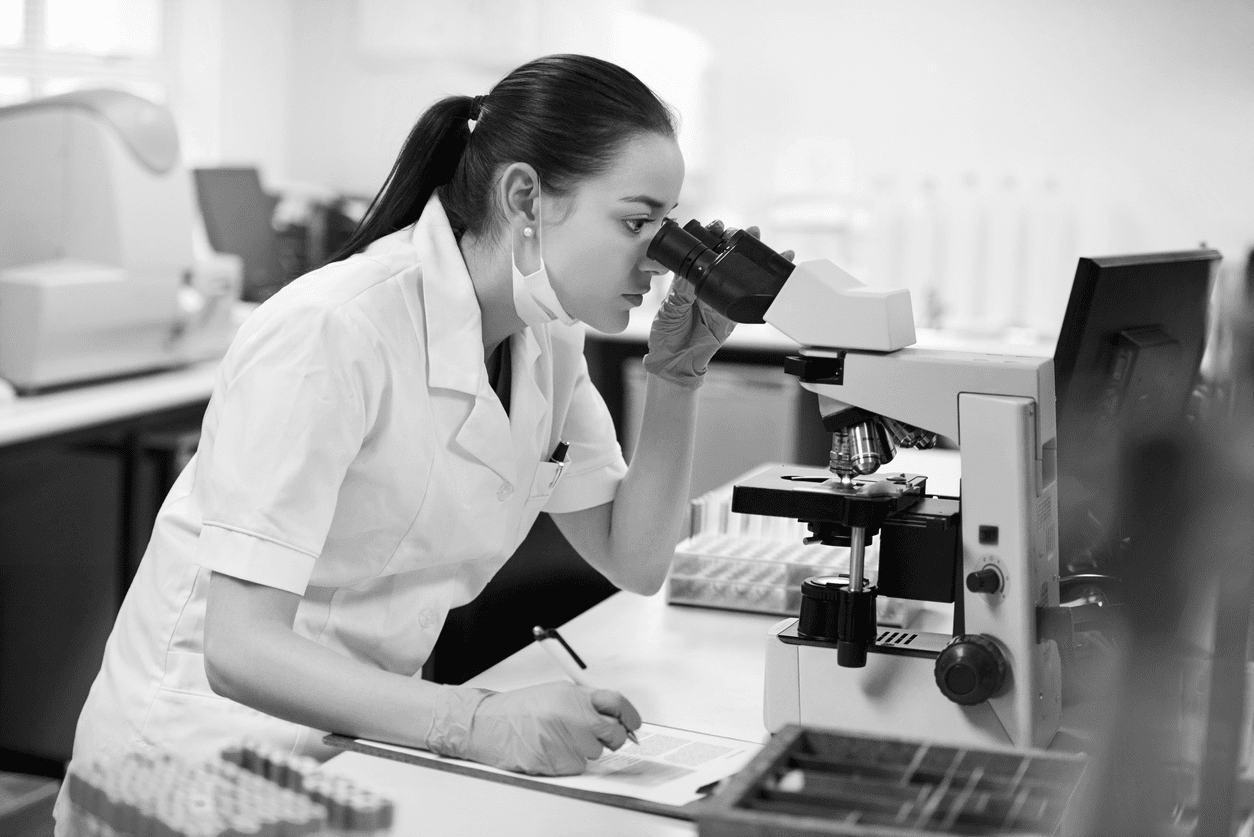2018 was a pivotal year for digital health technologies with major headlines of industry disruption dominating the news agenda.
As we enter 2019, we’ve asked the leaders and innovators of the industry to look forward, and share their new year’s resolutions for 2019. They reveal the technologies they’re most excited about, the biggest challenges currently facing health tech, and those they see having the biggest impact on the industry.
Today we hear from Alistair Stuart, Director of Clinical Innovations and Digital Platforms at GlaxoSmithKline (GSK), where they are looking to explore, assess and embed novel technology that serves patients, carers, healthcare professionals and GSK in clinical research. Alistair is an experienced healthcare professional and technologist who is passionate about moving digital healthcare from potential to performance. He has worked for over 16 years in research and development roles across the pharmaceutical and technology industries.
Here is what he had to say…
Delivering on the promise in 2019
“Let’s deliver on the promise in 2019 – we’ve never been in such a great position to deliver on the benefits of health tech for so many patients around the world – those with access to healthcare and those without.”
“The fact is, there’s still access to plenty of capital, with Rock Health recently estimating that 2018 was going to break records for health tech investment yet again. The regulatory landscape is still evolving, with regulators willing to partner on innovation such as the FDA pre-certification programme for example. What’s more, patients have never been so digitally literate, with more than half of the world’s population now using the internet for the first time.”
When big tech takes action progress becomes exponential
“With Apple recently releasing its ECG software for Apple Watch at the end of 2018, how will the rest of big tech respond? It feels like a dipping the toe in the water moment for Apple, but whenever big tech takes action like this, the smaller, nimble firms can ride the ripples and progress becomes exponential.”
“I hope we can look back on 2019 as a year when cardiac monitoring that was previously the purview of sophisticated health providers in the western world, suddenly became available to consumers at large.”
What does ‘good’ look like in 2019?
“Healthcare is still an episodic service where we have sudden bursts of data during acute incidents for patients, but sometimes little to nothing in between. This varies by condition of course, but this is the data baseline everyone is working with.”
“As we open up continuous monitoring and linked data types, what does “good” look like any more? There’s a need to understand this before we can understand how the next generation of digiceuticals can improve the status quo, or even how we can gain more data or develop traditional therapies more rapidly.”
“We must ask ourselves – how do we generate the baseline from which we can all build in this new digital healthcare world? And make sure that the investments needed to do this are translated into maximum returns for patients.”
Expectations for machine learning must be realistic
“Machine Learning will continue to foster success, though perhaps not in the General Model cure all illness arena as some promise. However, in narrow use cases such as Deep Mind’s Streams app or Sivan Innovation’s lung cancer remission monitoring app, progress is likely for specific applied situations.”
“A good parallel for ML is the human genome project twenty years ago. When the first entire genome was mapped, people expected miracles overnight. However, in 2018, the first gene therapy medicines known as CAR-T were approved with fantastic response rates in some cancers off the back of this, as well as many other advances. This is the timeframe for ML, and as an industry, we need to do a better job of educating the public so that expectations are realistic and we don’t slip into that trough of disillusionment.”
Digital literacy drives up expectations
“There has been a lot more interest in Health Tech as we’ve all become used to the digitisation of our lives in other areas. This interest has helped spur fresh investment, enabling many more companies to flourish, but all the while, we’re all becoming more digitally literate. This means that our expectations for tech in all areas of our lives go up and up.”
“We’re starting to see more digitally literate clinical professionals, and likewise more clinically literate techies, so the meeting of the minds is coming. This can only drive change at an increasing rate.”
Favourite health tech news story of 2018?
“Non-health tech there was Burger King hacking people’s Amazon Echo’s. The algorithms to optimise your own “caffeine dosing”, or the story at the beginning of December that the NHS has finally been told to stop using it’s 9000 fax machines by March 2020 by the UK government.”
“But in seriousness, this story about a 13 year old from Oregon who developed an ML algorithm to improve the accuracy of pancreatic radiotherapy has to be up there. This demonstrates the democratising power of tech for healthcare – that large multinationals with huge resources are no longer the only source of innovation, and that as a society, many more people can contribute to improving healthcare for everyone.”
